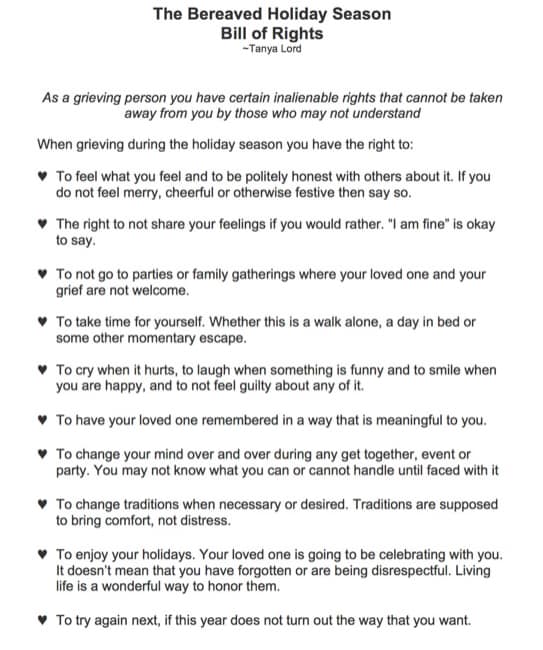My mum passed away earlier this year. I’ve lost people before but (luckily for me, I suppose) this is the first time I’ve lost someone close to me. Although I can’t speak for everyone who’s lost someone, this is what I’ve learned this year:
- Even when you’re expecting it, it’s still a shock. My mum has been seriously ill for around 10 years; we’ve had a couple of very near misses and “this could be it” flights across the world and she spent last Christmas Day in hospital. She had dementia but, even though she’d have hated what she was becoming and even though people would say (and they’d be right) that it was a blessing, it’s still a shock, and it still hurts like hell.
- It gets better, but then it gets worse. You have the initial onslaught of grief, you get through the funeral and all the practicalities, you feel like you “should” be getting back to normal but then, a few months on, you realise that you’re not quite yourself. It doesn’t necessarily feel like the initial grief, though, so you may not recognise it. In my case, my grief manifested itself in getting totally obsessed with making Singapore Airlines fix a flight reservation they’d screwed up. I spent four hours on the phone and they did, eventually, fix it. (I am available for hire at a very reasonable hourly rate!) I realised afterwards that my obsession with fixing this was less about an uncomfortable seat and more about my dread at having to go back to the UK and my mum not be there. (My long-suffering husband said that he’d realised this at the time but thought it best not to say anything.)
- All kinds of things will trigger the grief, and they won’t always be what you expect; a song, a TV programme, a saying and, in my case the other day, eating paté. I’ve found that sitting with the feeling, not trying to push it away, really helps.
- People will surprise you. Sometimes the people you think will be most supportive are not and, conversely, some people will be much more helpful than you ever thought. Cherish the latter, and try not to feel too bitter towards the former.
- It will change you. You might have thought that you understood other people’s grief previously, but the lived experience is very different and will make you understand on a whole different level and, hopefully, will make you a better friend.
If you’re a friend or relative of the bereaved, then here are some tips for you:
- Even if people say they’re ok, don’t necessarily believe them, and keep checking up on them. I said I was ok and didn’t need anything, but a few days later the grief really kicked in, my husband was away in Europe, I was feeling really sick and tired, and a healthy meal cooked by someone else would really have been appreciated, as would a hug.
- If the bereaved is behaving irrationally (see point 2, above), then just let them. (Unless, of course, it’s dangerous.)
In the first year of bereavement, there are lots of firsts and the first Christmas (indeed, any Christmas) will be difficult for many. You may find the Bill of Rights in the image at the top helpful, which comes from here.
If you need someone to talk to over the holiday season, the following helplines will have volunteers there who are will be only too happy to listen:
Lifeline 13 11 14
Samaritans Crisis Line 13 52 47
Samaritans Youthline WA 1800 198 313
I hope you have an enjoyable holiday season with warm memories that bring you some comfort.

